A check out hotel process is the procedure a hotel requires guests to go through when departing at the end of their stay. This is typically the stage where the customer settles the bill and returns their room key. The hotel check-out process is important because customers want a smooth, swift exit. It is a final chance for your hotel to impress guests and can even be the difference in whether or not you earn a positive review. In this article, you can access tips to optimize guest checkouts and learn about different types of checkout processes.
Table of Contents:
- What Is a Check Out Hotel Process?
- Why Is the Check Out Hotel Guest Experience Important?
- 7 Tips for Optimized Check Out Hotel for Best Guest Experience
- 1. Create a Robust and Efficient Billing Process
- 2. Add Flexibility to the Check Out Hotel Experience
- 3. Make Sure the Hotel Front Desk is Accessible
- 4. Try to Include an Element of Personalization
- 5. Be Prepared to Deal With Unexpected Problems
- 6. Think About Ways to Show Your Appreciation
- 7. Remember to Follow Up With Customers Afterwards
- Key Examples of Check-Out Hotel Technology
- The Most Important Hotel Front Office Technology Explained
- All You Need to Know About the Front Desk in a Hotel
What Is a Check Out Hotel Process?
A check out hotel process is the series of steps that are taken when a customer leaves the hotel at the end of their stay. It includes billing, processing payments and settling any other outstanding issues. During the check out process, guests will return their room keys. The hotel front office can also use this opportunity to request feedback from customers, or to encourage them to leave an online review.
The most common check out time is either 11 AM or 12 noon, meaning the guest must check out before that time. This gives hotel housekeeping staff sufficient time to prepare rooms for new guests. However, with a heightened focus on the checkout hotel experience, many properties are now offering more flexible checkout times or charging extra for late checkouts. This enables guests to check out at a time that suits them and fits with their travel schedule.
Why Is the Check Out Hotel Guest Experience Important?
The check-out process is the final touchpoint for guests during their stay. It can, therefore, have a big impact on their final thoughts about your hotel. Guests expect the hotel check-out process itself to be hassle-free and relatively swift, so they can continue with their day. If your hotel fails to match their expectation, it can potentially shift their overall feelings about the level of service they received at your hotel and their opinions on hotel staff.
The check out experience can often feel hectic for guests, especially if they are trying to check out early in order to catch a flight. However, with attentive staff, the right processes in place and the right hotel technology, you can help to ease some of the stress around the check out experience and leave a lasting, positive impression.
7 Tips for Optimized Check Out Hotel for Best Guest Experience
Below, you will find seven tips that hotel management can use to optimize check-out hotel experiences.
1. Create a Robust and Efficient Billing Process
A robust and efficient billing process is one that is reliable and does not cause unnecessary friction. The bills produced also need to be clear and accurate. Achieving this helps to make the entire check-out hotel guest experience much smoother. It will also minimize inaccuracies, disputes, and delays. One of the biggest hotel trends to be aware of here is payment flexibility. Your guests want different options for settling their bill and the more options you offer, the less likely you are to encounter issues with payments being declined. At a minimum, you should try to make sure you accept card payments, cash and mobile wallet payments.
2. Add Flexibility to the Check Out Hotel Experience
Customers appreciate a flexible checkout experience, with flexibility in a hotel meaning different options. This could include traditional front desk checkouts, self-service kiosks, and mobile checkouts. Offering these different options enables guests to check out in the way they prefer. It can also reduce queues at the front desk. You can introduce a degree of flexibility with check out hotel times too. This could include charging extra for late checkouts or providing a standard option for guests to be able to check out later than the conventional 11 AM or noon deadline. Ultimately, the more flexible your hotel checkout process, the more convenient it will be for guests.
3. Make Sure the Hotel Front Desk is Accessible
Accessibility is a crucial concept for the hotel owner and the front office to focus on. This means all guests should be able to access check-out services, regardless of ability. Accessibility is crucial because different guests may require different levels of assistance. The check-out hotel experience should exist without barriers. You will need to make sure your front desk has made provisions to deal with people in wheelchairs and people with other disabilities, such as vision impairments or hearing impairments. You need to ensure your staff know how to deal with guests who cannot speak the language and the front desk must be accessible even during busy periods.
Video: Hotel Accessibility
4. Try to Include an Element of Personalization
Within the hotel industry, personalization is essential throughout the customer journey. During check-out hotel processes, personalization can be as simple as addressing people by their names or referring back to previous conversations. This helps customers to feel valued. It also serves as a final chance to impress them before they leave. Ask guests about their stay and seek out feedback. You can also use this as an opportunity to invite them to your customer loyalty program and convince them to follow you on social media. Personalization can also help a hotel business to more effectively target these guests in the future, with the aim of attracting them back to the hotel.
5. Be Prepared to Deal With Unexpected Problems
Unexpected issues can cause delays to the check-out hotel process and frustrate your guests. Taking steps to prepare contingency plans can help to prevent major issues. This allows your hotel front desk staff to move seamlessly to a ‘plan B’. As a result, delays can be avoided and customers will retain their positive impression of your hotel. For example, think about a backup process to turn to in the event that card payments fail to process. Invest in a generator to avoid power outages. Make sure there is a system in place to manually check guests out if computer systems go down, or if software fails. Back data up to the cloud and ensure this data is accessible by front office staff.
6. Think About Ways to Show Your Appreciation
Showing appreciation to your guests can take many forms. A simple “thank you” for visiting can go a long way, but you might also offer a gift card, a voucher, or loyalty points. Taking the time to show appreciation for your guests makes them feel respected. It can also help to remind staff that the business relies on its customers. Demonstrating a level of appreciation is a way to enhance the guest experience during the final touchpoint they will encounter during their stay. Try to add a personal touch to whatever you decide to do, so it feels individual.
7. Remember to Follow Up With Customers Afterwards
Finally, while the check-out hotel procedure is the final touchpoint for guests during their stay, it is not the last time you should communicate with them. It is important to follow up with them afterward. The most common way to follow up with guests is via email. You can use this channel to target past guests with relevant marketing content. There are multiple reasons to follow up with guests after their stay. You can use this communication to request reviews on major platforms or to seek more private feedback so you can improve operations. You might also attempt to encourage previous guests to return to your hotel in the future and offer them incentives to do so.
Key Examples of Check-Out Hotel Technology
Below, you will find an outline of some of the key check-out hotel technology to invest in.
- Mobile Check-Out Apps: Allow guests to check out using a convenient mobile app. Mobile check out hotel technology typically allows customers to pay using cards, Apple Pay, Google Pay and similar services.
- Express Check Out Kiosks: Provide a self-service solution, allowing guests to view their bill, pay, print out their receipt and leave their room keys. This also reduces queues at the front desk.
- Automated Billing System: Acquire software to calculate guest bills automatically. This will help prevent errors, speed up hotel operations, and reduce the workload for front desk staff.
- Digital Receipts: Use software to generate digital receipts and send these receipts to guests via your hotel app, or by email. This makes it easier for guests to retain receipts and reduces paper usage.
- Room Key Drop Boxes: Offer a secure box for guests to use to return their room keys during the check out hotel process. This makes it much faster and easier for guests to leave the hotel.
- Real-Time Feedback Collection: Use CRM software to compile feedback received from guests through kiosks, social media channels, and your mobile app. This provides useful insights and highlights areas for improvement.
- Integrated PMS: Invest in a property management system that integrates key elements from different hotel departments, including billing, reservations, scheduling, room status updates, and housekeeping duties.
Video: Guest Self-Check-Out App
The Most Important Hotel Front Office Technology Explained
The front office has a large number of responsibilities beyond using check-out hotel technology. To assist with the various front office duties, you may need to invest in technology ranging from AI chatbots and smart mobile keys to digital hotel concierge technology and self-service check-in kiosks. In the article “Front Office Technology: The Latest Tech for the Reception,” you will be able to read about the essential technology solutions for the front desk and learn about why these solutions are so valuable.
All You Need to Know About the Front Desk in a Hotel
The front office department in a hotel is responsible for everything from receiving guests and dealing with customer requests to coordinating with hotel maintenance staff and dealing with the check-out hotel process. There are also multiple positions, from front desk managers to concierge staff and night auditors. In the “Front Office Department in Hotel: Everything You Need to Know” article, you will be able to learn all of the most critical information about what the front office does, why it matters, and what is required from staff.
The check out hotel experience is a final chance to impress customers, but you will need to take the necessary steps to optimize the check out process. In particular, you should aim to offer a degree of flexibility and ensure your front desk is accessible. It can also be a good idea to explore mobile check outs, express check out kiosks and other options.
Did You Like This Article About Check Out Hotel?
You might also be interested in the following articles:
- Early Check-in Hotels: Optimize the Guest Experience & Hotel Revenue
- Essential Tips to Choose the right Property Management System
- Housekeeping Technology; The Latest Tech used in Hotel Housekeeping
- Hotel Night Auditor: How Technology is Changing the Role in Hotels
- Hotel Room Cleaning Tips for Meeting & Exceeding Guests’ Expectations
More Tips to Grow Your Business
Revfine.com is the leading knowledge platform for the hospitality and travel industry. Professionals use our insights, strategies, and actionable tips to get inspired, optimize revenue, innovate processes, and improve customer experience.Explore expert advice on management, marketing, revenue management, operations, software, and technology in our dedicated Hotel, Hospitality, and Travel & Tourism categories.
This article is written by:
Hi, I am Martijn Barten, founder of Revfine.com. With 20 years of experience in the hospitality industry, I specialize in optimizing revenue by combining revenue management with marketing strategies. I have successfully developed, implemented, and managed revenue management and marketing strategies for individual properties and multi-property portfolios.

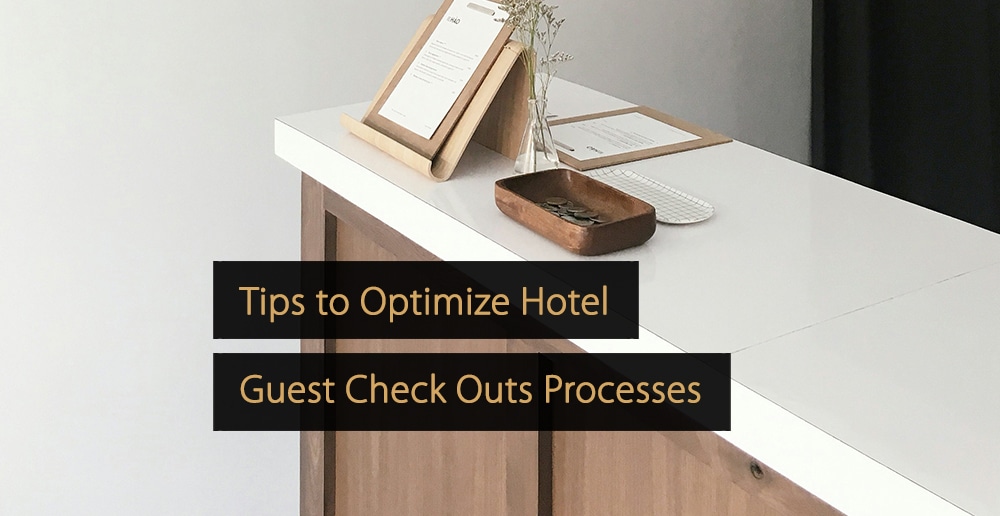
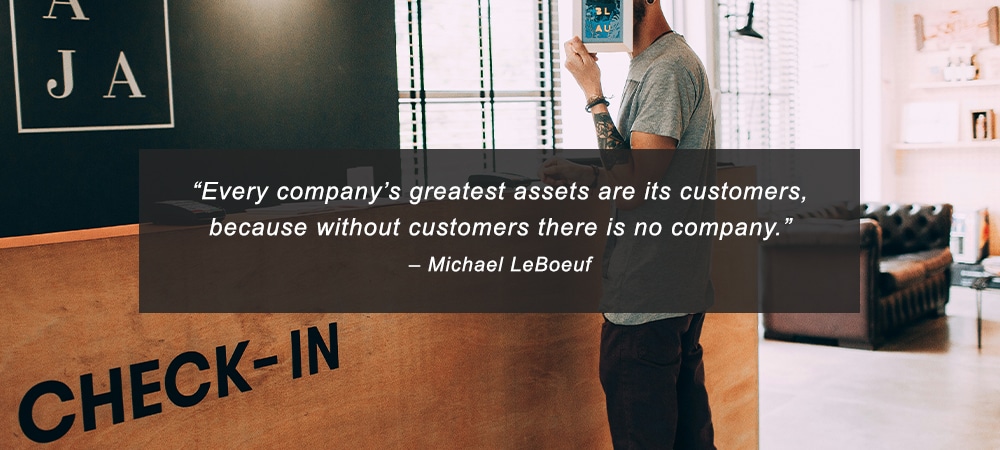
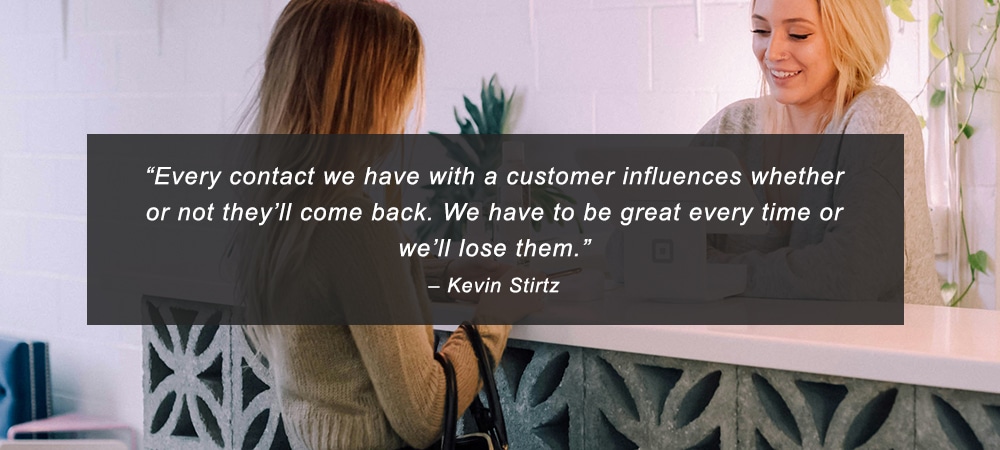




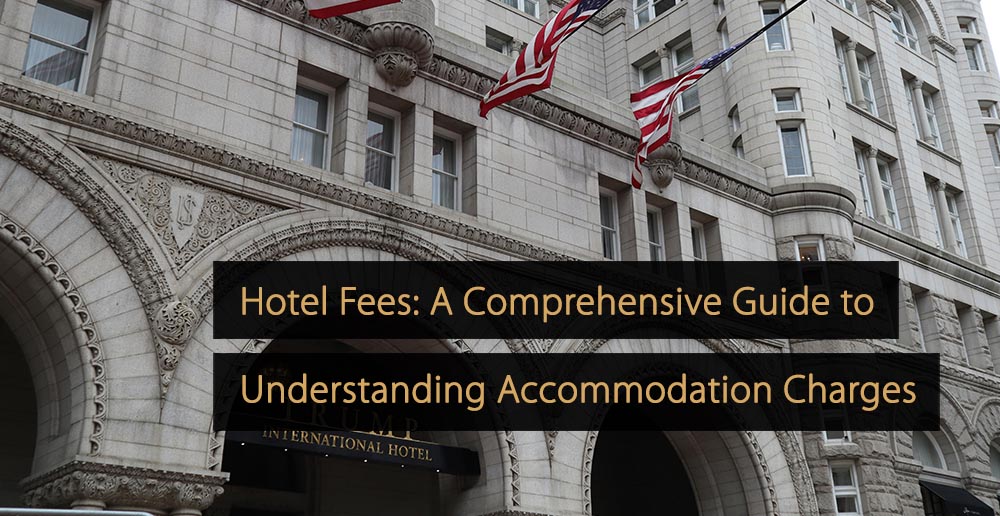

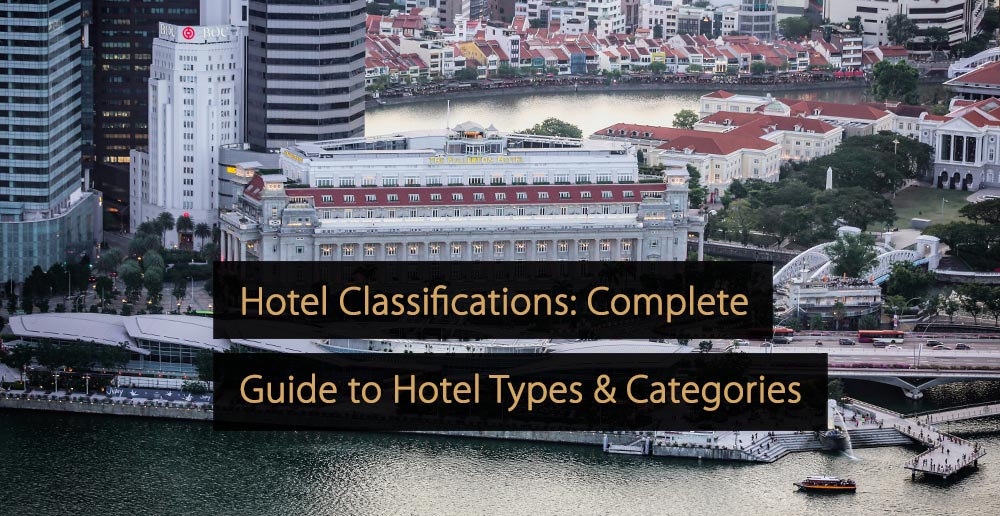
Leave A Comment